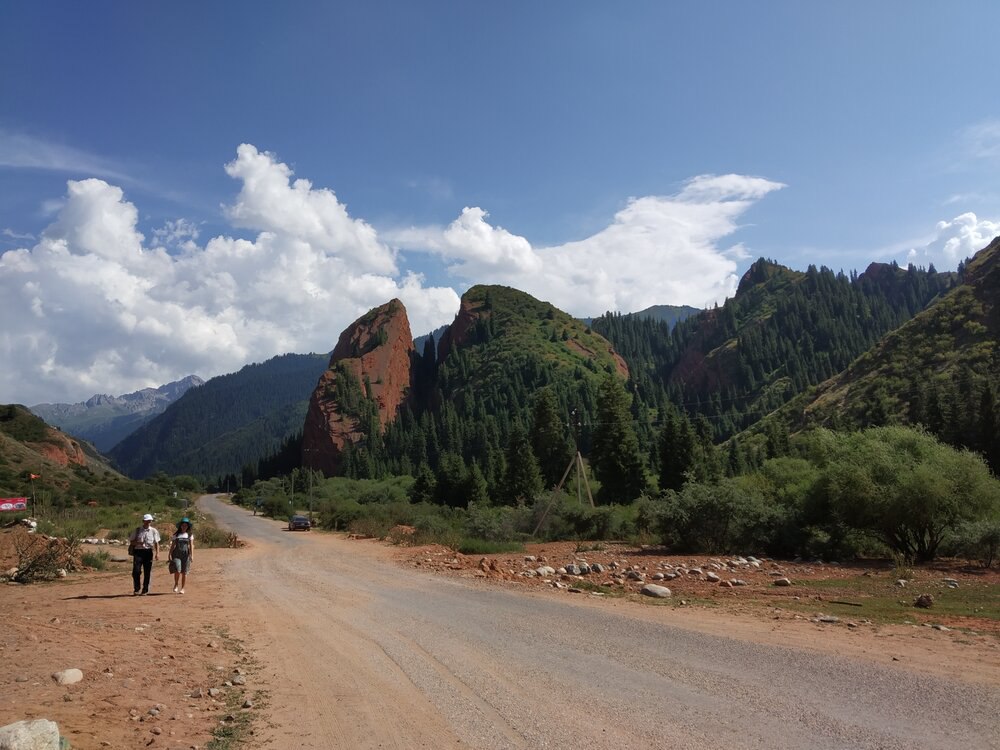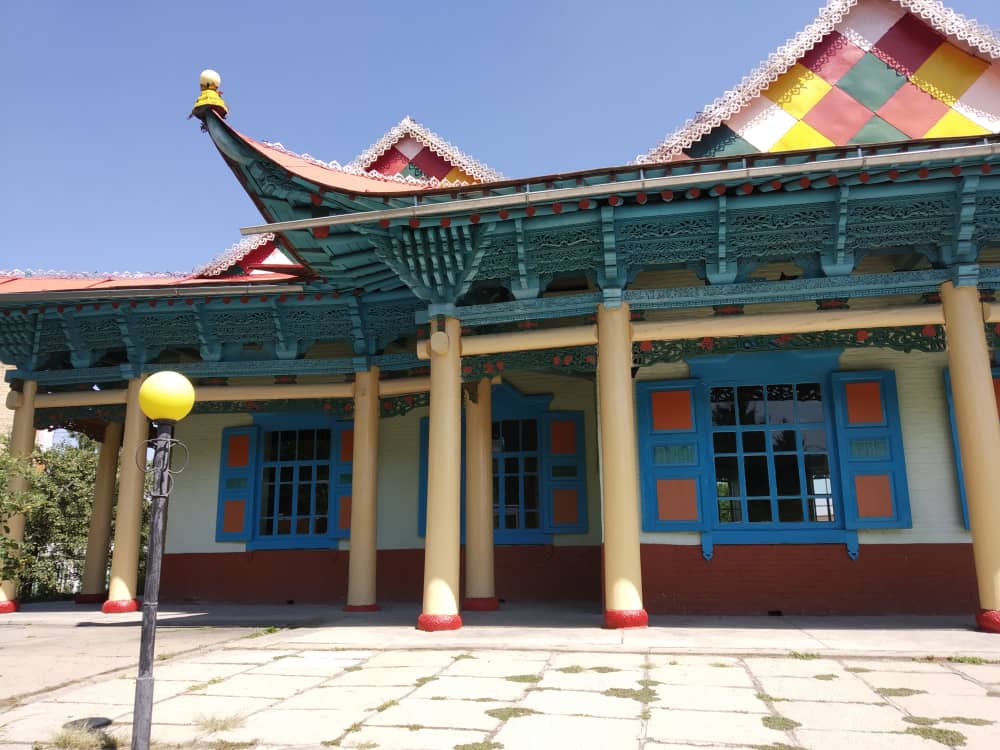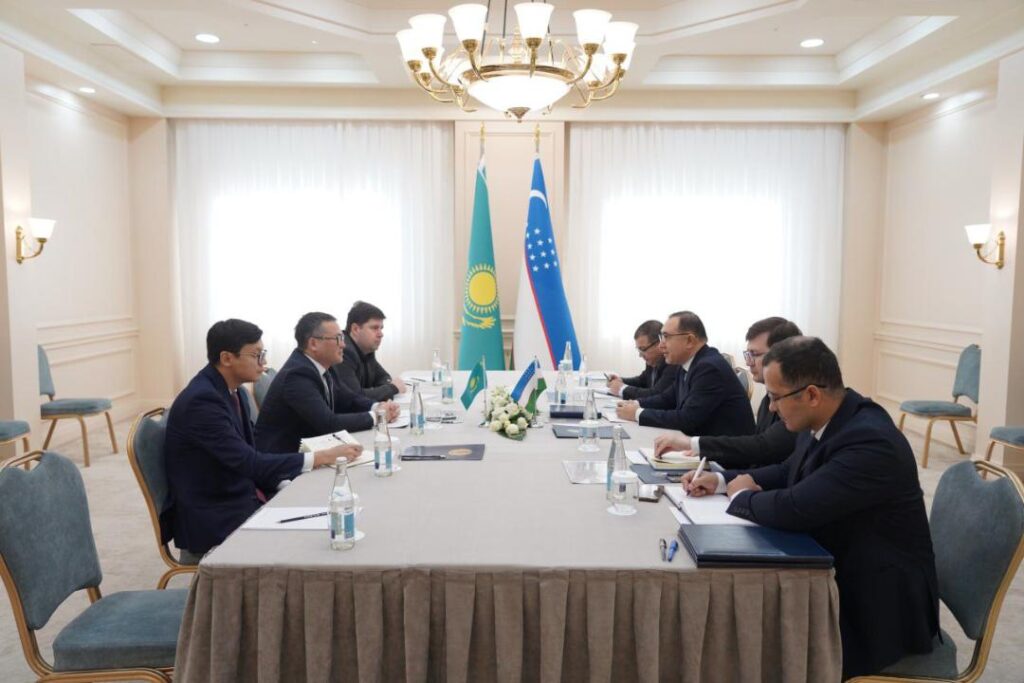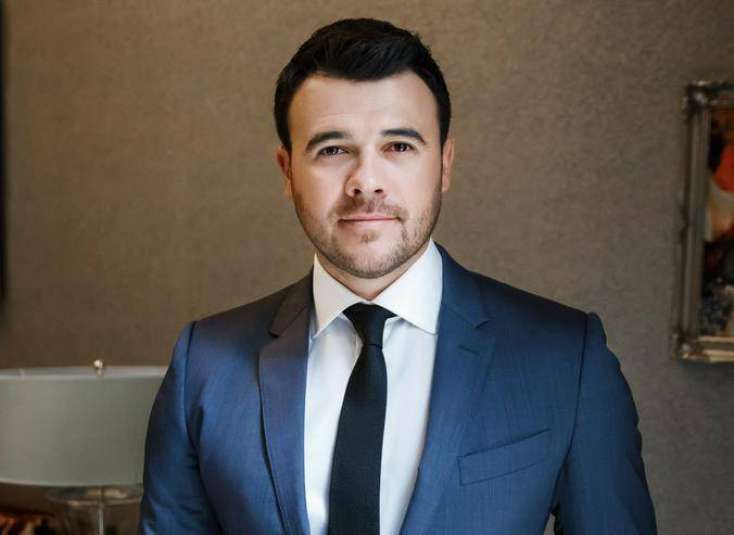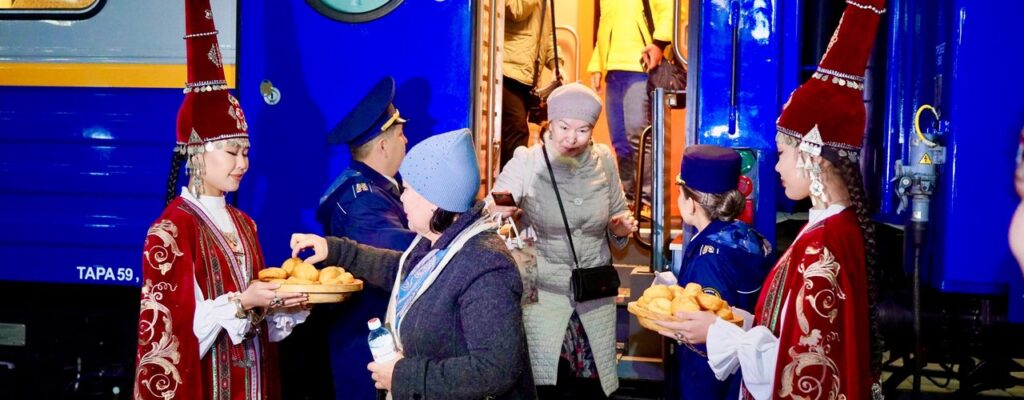Kyrgyzstan Launches Sustainable Tourism Development Program
The Cabinet of Ministers of Kyrgyzstan has approved a new Program for Sustainable Tourism Development which is set to run until 2030. The program aims to significantly enhance the country's tourism sector, focusing on sustainable growth, regional development, and environmental preservation. Program Priorities The program outlines several key areas for development: Strengthening state policy, improving regulations, and enhancing strategic management in tourism. Boosting the attractiveness of tourism services for both domestic and international travelers. Leveraging digital technologies to simplify access to tourism products. Ensuring the safety and security of tourists. Preserving and promoting Kyrgyzstan’s historical, cultural, and natural heritage while maintaining ecological balance. Stimulating regional development and supporting local economies through tourism initiatives. Improving transport, hotel, and tourism infrastructure. Encouraging the adoption of green technologies and supporting environmentally friendly practices. Promoting niche tourism markets such as medical, sports, and health resort tourism. The program has ambitious goals, including increasing tourism's contribution to the national GDP to 7% and achieving a 10% annual growth in the number of domestic and foreign tourists. Currently, tourism accounts for 2.7% of Kyrgyzstan’s GDP. Rising Tourism Numbers Kyrgyzstan’s tourism industry has seen steady growth in recent years. As previously reported by The Times of Central Asia, the country is expected to have attracted more than 10.5 million foreign tourists in 2024, up from 8.5 million in 2023. In the first eight months of 2024 alone, Kyrgyzstan welcomed 6.1 million foreign visitors. The majority of tourists came from Uzbekistan, Kazakhstan, and Russia, followed by travelers from Turkey, China, India, Germany, Pakistan, the United States, and South Korea. Infrastructure and Investment On January 11, the First Deputy Chairman of the Cabinet of Ministers, Daniyar Amangeldiev, chaired a meeting on tourism development. The discussions centered on improving tourism infrastructure, creating favorable conditions for investment in the sector, and designing new tourist routes. Amangeldiev emphasized the pivotal role of tourism in driving economic growth and creating jobs. As part of the government's plans, 40 new tourist bases are expected to open across the country by 2025. These will be developed in cooperation with local communities and investors. “We must improve services, develop unique routes, and ensure tourists’ safety throughout their journey in Kyrgyzstan,” Amangeldiev stated. A Vision for the Future With its diverse landscapes, rich cultural heritage, and growing global recognition, Kyrgyzstan is positioning itself as a major tourism destination in Central Asia. The new program aims to transform the sector into a key driver of sustainable development, while preserving the country’s natural and cultural treasures for future generations.
